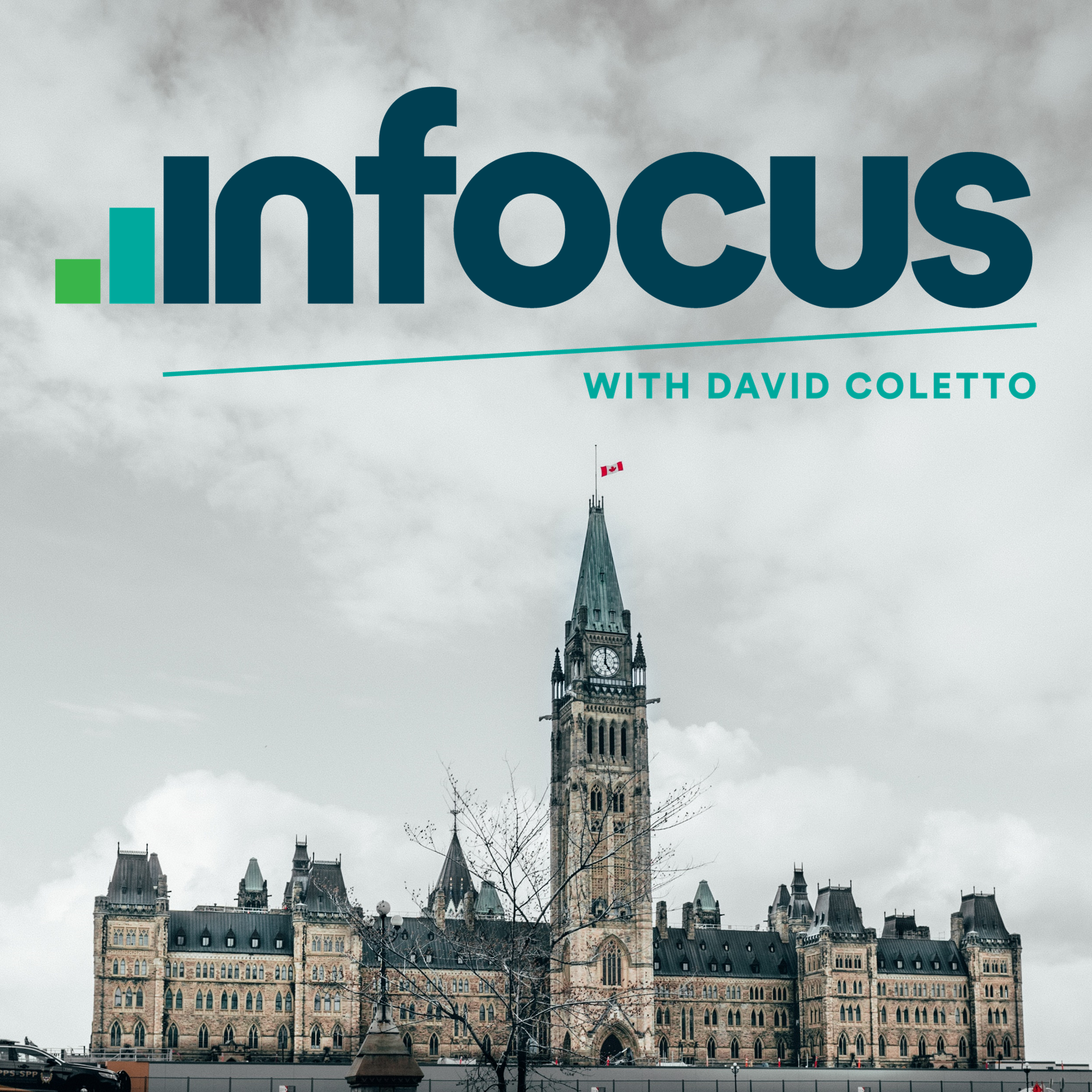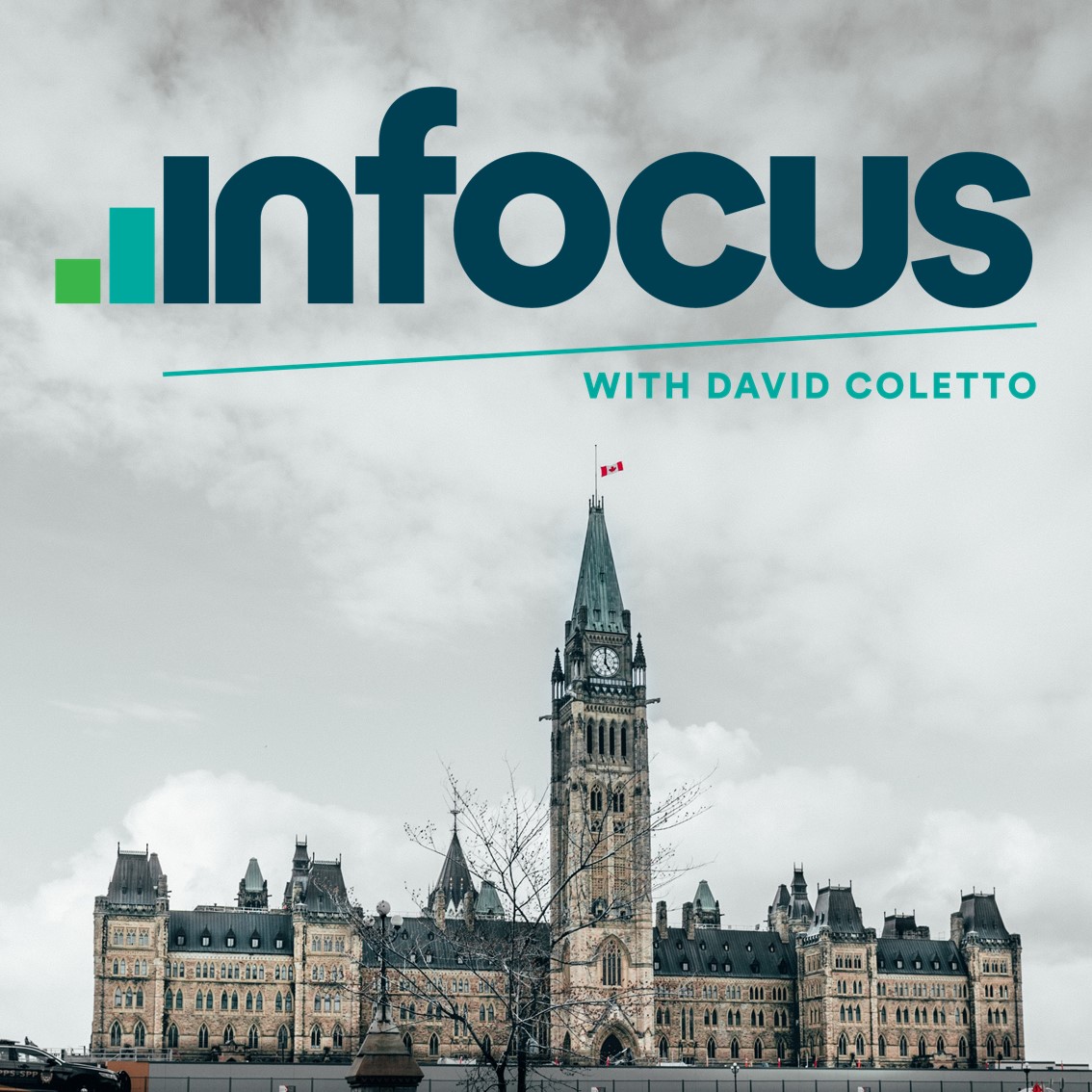Episode Transcript
[00:00:00] Speaker A: Foreign.
[00:00:18] Speaker B: Well, hey, everyone. Welcome back to In Focus with David Coletto. I'm David Coletto. Now, the debates start today, and we've got a new poll out this this morning that shows the race continuing to tighten. Now, we did a smaller sample survey Monday and Tuesday this week to get a sense of what the benchmark was before the debates. And then we're going to be doing a survey over the long weekend to understand if those debates had any impact.
So what did we find? Well, let's start with the headline. The Liberal lead, as I mentioned, has narrowed again. Two weeks ago, they were up by six points nationally. Today we have them just two ahead. Among all decided voters, the Liberals are at 40%, the Conservatives at 38, and the NDP at 11. But among those most certain to vote, the Liberals fall behind the Conservatives, who edge ahead 40% to 39, statistically tied. Now, there is a warning sign here for the Liberals. It suggests poliev supporters might be more mobilized, might be more engaged.
Those rallies we're seeing are an indicator in our data of as motivated a base as the Liberals have right now. And that is an important thing as we get closer and closer to voting day. And keep in mind, voting begins this weekend. Regionally, the Liberals still hold key advantages, though in Ontario, we have them ahead by seven, 47 to 40. In Quebec, we have the Liberals ahead of the block, although perhaps some improvement for the bloc. There something to watch. And in British Columbia, the two parties are statistically tied. Now, let's talk about momentum. And it's a mixed bag. On the one hand, Mark Carney's popularity remains quite high and he still leads. Polly Ivan preferred prime minister by six points, but he also performs better in Quebec and Ontario, two regions critical to a Liberal victory. But there's been a rebound in the desire for change. 56% of Canadians now say it's definitely time for a change in government. That's up five points from last week, and only 21% strongly want the Liberals reelected, down three. Among those craving change, 59% would vote Conservative, 15 would stick with the Liberals, and 13 are going with the NDP. So the Conservatives seem to be benefiting most from this growing sense of restlessness. Maybe their ads and campaign have been affected at refocusing the public on change and less on Trump. And that's a key driver here. Donald Trump has been a dominant issue earlier in this campaign, and he remains one. But concern about his impact on Canada is down three points as a top issue, while cost of living is climbing once again, up two points. And now the top concern of 46% of Canadians. That's good news for Poe. His party leads on affordability and housing by about four points. But for those who rank Trump as a top concern, the Liberals lead in terms of vote intention by 34 points over those folks.
So we're seeing a split in how people are framing their vote. If it's about Trump and Canada's global position and economic response, the Liberals win. If it's about affordability and a need for change, the Conservatives have the edge. That's been the case this entire campaign. And so where this campaign ends will ultimately be determined by how that scale, Trump versus Change, goes back and forth.
Now, we asked, is your vote more about the party best able to deal with Trump, or is it the one best able to deliver change? And for the first time this campaign, that scale has swung the other way. Change has pulled ahead 55% to 45%. The conservatives are gaining ground not just because of issue salience, but because people are also feeling stuck and they're increasingly willing to give someone else a shot. Now, despite all of this, nearly half of Canadians, 48%, still expect the Liberals to win. And that's up slightly from last week, with only a third of Canadians thinking the Conservatives will win. So some of our metrics have stayed static.
And finally, debate expectations. Tonight's the French language debate. Tomorrow's English. We expect big audiences, as I've mentioned in the past, for both debates, especially the English one tomorrow. In terms of expectations, 41% expect Carney to perform best in the English debate, 32 for Poliev. In the French debate tonight, expectations are lower for Carney. Only 12% expect him to do best. While Blanchet and Poiliev are tied at 31.
If Mark Carney outperforms or over performs in the French debate, I think he could blunt any further block gains. But Pauliev also has an opportunity to expand his coalition in Quebec and eat in to some of that soft bloc vote. So that's the upshot. New poll out. Race is tightening, desire for change is growing, and the issues Canadians care about may be shifting. Debates could matter as mo as millions of Canadians, I think, are tuned in and interested in this campaign in a way that they were not in 2021. We'll be back in a few days with an update on where things stand.
Thanks for listening. Please subscribe like, Follow do whatever you need to do to encourage more people to listen to this podcast. If you think they would find it valuable, you can get all the Data on AbacusData CA or on my substack. Davidcoledo.substack.com have a great day. We'll talk to you soon.
[00:05:45] Speaker A: Sa.


